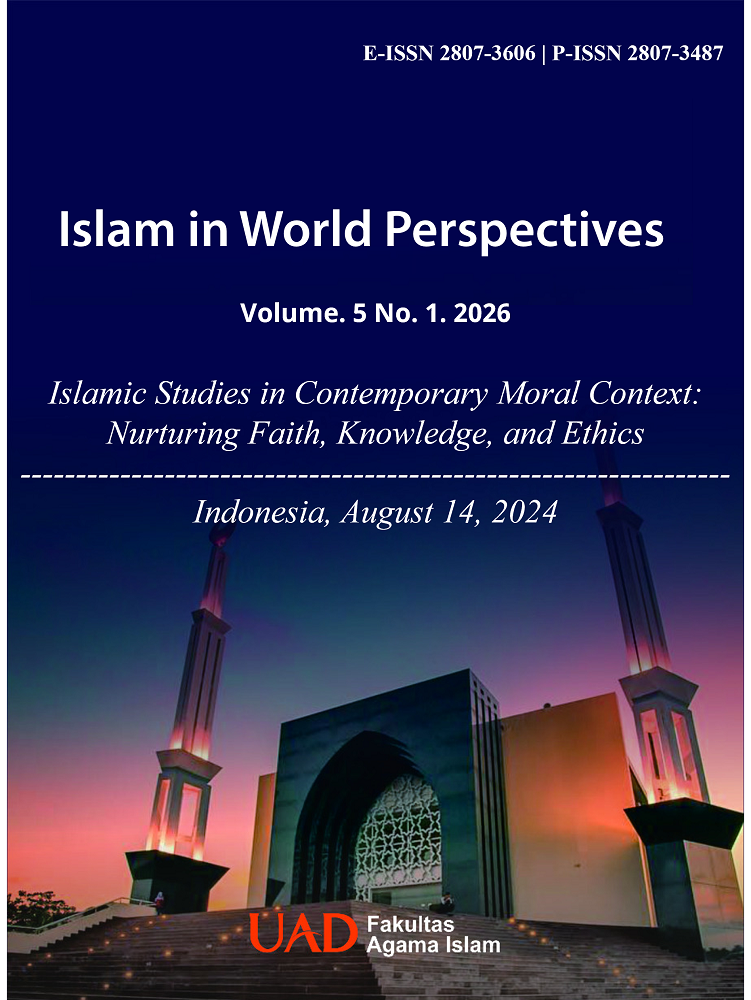The effect of Sharia financial literacy, religiousness, and perceptions of confidence on saving decisions at Islamic banks
Abstract
Indonesia is a country with a majority Muslim population, so in economic activities, people tend to follow sharia principles. Islamic banks, which operate based on Islamic law, play an important role in providing sharia-compliant financial products. However, despite the majority of the population being Muslim, the use of Islamic banks is not yet widespread, including in educational institutions such as Islamic boarding schools. Islamic boarding schools teach religiosity and Islamic economics to their students, but many students still choose conventional banks. This study aims to analyse the effect of Islamic financial literacy, religiosity, and perceived confidence on saving decisions in Islamic banking among students of Al-Hadi Student Boarding School, Yogyakarta. This study uses quantitative methods with primary data collection through questionnaires distributed to 55 respondents. Data analysis was carried out using the classical assumption test and hypothesis testing. The results showed that Islamic financial literacy and religiosity had a significant effect on the decision to save in Islamic banking, while perceived confidence had no significant effect. Simultaneously, these three variables affect the decision to save by 54.6% with 45.4% influenced by other variables not studied.
Downloads
Published
Issue
Section
License
Copyright (c) 2024 Nadziratul Ishlahiyah, Priyono Puji Prasetyo

This work is licensed under a Creative Commons Attribution-ShareAlike 4.0 International License.
Authors who publish with Islam in world perspectives agree to the following terms:
- Authors retain copyright and grant the journal right of first publication with the work simultaneously licensed under a Creative Commons Attribution License (CC BY-SA 4.0) that allows others to share the work with an acknowledgment of the work's authorship and initial publication in this journal.
- Authors are able to enter into separate, additional contractual arrangements for the non-exclusive distribution of the journal's published version of the work (e.g., post it to an institutional repository or publish it in a book), with an acknowledgment of its initial publication in this journal.
- Authors are permitted and encouraged to post their work online (e.g., in institutional repositories or on their website) prior to and during the submission process, as it can lead to productive exchanges, as well as earlier and greater citation of published work.

This work is licensed under a Creative Commons Attribution-ShareAlike 4.0 International License.



